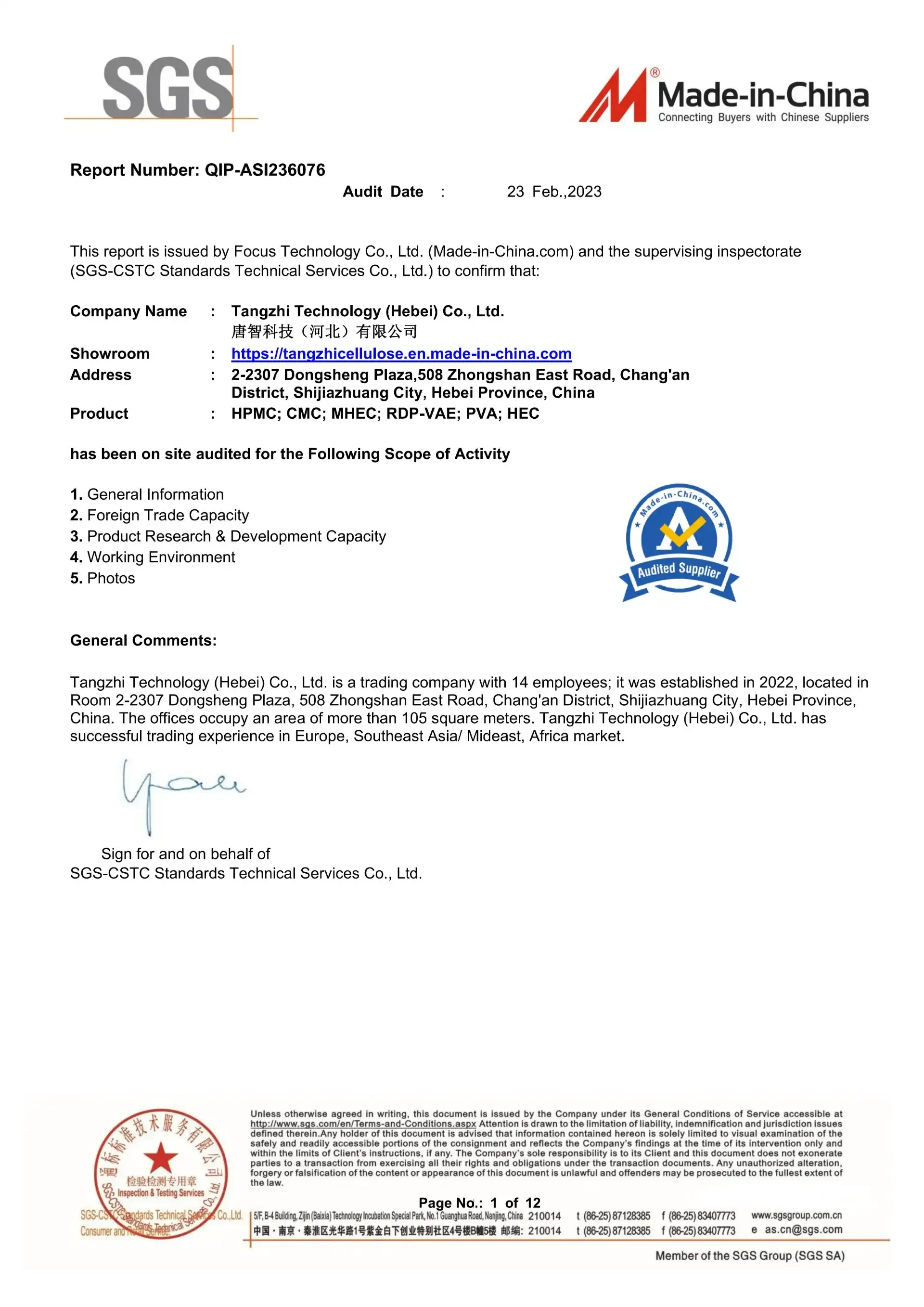
use of hpmc
The Use of Hydroxypropyl Methylcellulose (HPMC) in Various Industries
Hydroxypropyl methylcellulose (HPMC) is a versatile cellulose ether that has gained significant attention in many industries due to its unique properties and wide range of applications. As a semi-synthetic polymer derived from natural cellulose, HPMC is favored for its non-toxic nature, excellent film-forming capabilities, and compatibility with various substances. From pharmaceuticals to food production, its use is expanding, driven by the ongoing demand for innovative and effective materials.
Pharmaceutical Applications
In the pharmaceutical industry, HPMC is primarily used as a binder, coating agent, and controlled-release matrix in tablet formulations. One of the key advantages of HPMC is its ability to form a gel in aqueous solutions, which allows for controlled drug release. This property is particularly beneficial for patients requiring consistent dosages over extended periods. Additionally, HPMC is employed in capsule formulations due to its ability to form a stable film, providing an effective barrier against moisture and enhancing the stability of pharmaceutical products.
Moreover, HPMC is frequently utilized in ophthalmic preparations for its excellent wetting and viscosity properties. It is often found in eye drops, providing lubrication and comfort to patients suffering from dry eye conditions. This versatility makes HPMC an essential ingredient in modern pharmaceuticals, addressing various needs in drug formulation and delivery.
Food Industry Applications
In the food sector, HPMC serves multiple roles, from a thickening and stabilizing agent to a fat replacer. Its ability to retain moisture makes it particularly useful in processed foods, helping to improve texture and extend shelf life. For example, HPMC is commonly added to bakery products to enhance dough stability and moisture retention, ensuring a longer freshness period. Additionally, in gluten-free products, HPMC can mimic the viscoelastic properties of gluten, improving the overall quality of the final product.
Moreover, HPMC is utilized in the production of low-calorie and reduced-fat food items. Its thickening and emulsifying properties allow manufacturers to create creamy textures without adding significant calories, making it a popular choice in dressings, sauces, and dairy substitutes. The growing demand for healthier food options continues to drive the use of HPMC in the food industry.
use of hpmc

Construction Industry Applications
The construction industry has also recognized the benefits of HPMC, particularly in the formulation of paints, coatings, and construction adhesives. Its water-retaining properties improve workability and extend the open time of cement and gypsum-based products, allowing for better application and finish. In dry-mix mortars, HPMC acts as a thickener, ensuring an even distribution of ingredients and enhancing the bonding properties of the mortar.
Furthermore, HPMC contributes to the performance of wall and floor adhesives by providing excellent adhesion characteristics and resistance to moisture. These attributes are crucial in modern construction where durable and long-lasting materials are essential.
Cosmetic and Personal Care Applications
In the cosmetic and personal care industry, HPMC is extensively used in various formulations, including lotions, creams, gels, and shampoos. Its thickening properties help achieve the desired viscosity and texture, creating appealing products for consumers. Additionally, HPMC is utilized in hair styling products for its film-forming capabilities, providing hold and shine without weighing hair down.
Moreover, due to its non-toxic and biodegradable nature, HPMC is favored in eco-friendly formulations, aligning with the growing trend toward sustainable consumer products. Its multi-functional attributes make it an indispensable ingredient in many cosmetic formulations.
Conclusion
Hydroxypropyl methylcellulose (HPMC) is a remarkable compound that continues to find applications across diverse industries, including pharmaceuticals, food, construction, and personal care. Its unique characteristics, such as film-forming, thickening, and stabilizing properties, make it a valuable resource for manufacturers seeking innovative solutions. As industries strive for sustainability and improved product performance, the demand for HPMC is expected to grow, further highlighting its importance in modern formulations. The future of HPMC is bright, reflecting its adaptability and the increasing need for effective and reliable materials in our daily lives.
-
PVA Film Manufacturing Process - Advanced Polyvinyl Acetate & HPMC Production SolutionsNewsJul.08,2025
-
High-Purity Monocrystalline Cellulose Supplier Cellulose to Cellulose Acetate & E463 Hydroxypropyl Cellulose SolutionsNewsJul.08,2025
-
Different Grades of HPMC Choose the Right Cellulose for Your ApplicationNewsJul.07,2025
-
High-Performance Polycarboxylate Concrete Admixture Superior Superplasticizer Powder SolutionsNewsJul.07,2025
-
High Quality PVA Product Solutions PVA 088 20 & PVA 1 for Versatile ApplicationsNewsJul.07,2025
-
What is HPMC Used For? Applications & Benefits of HPMC in Tablet Coating and TabletsNewsJul.06,2025





















